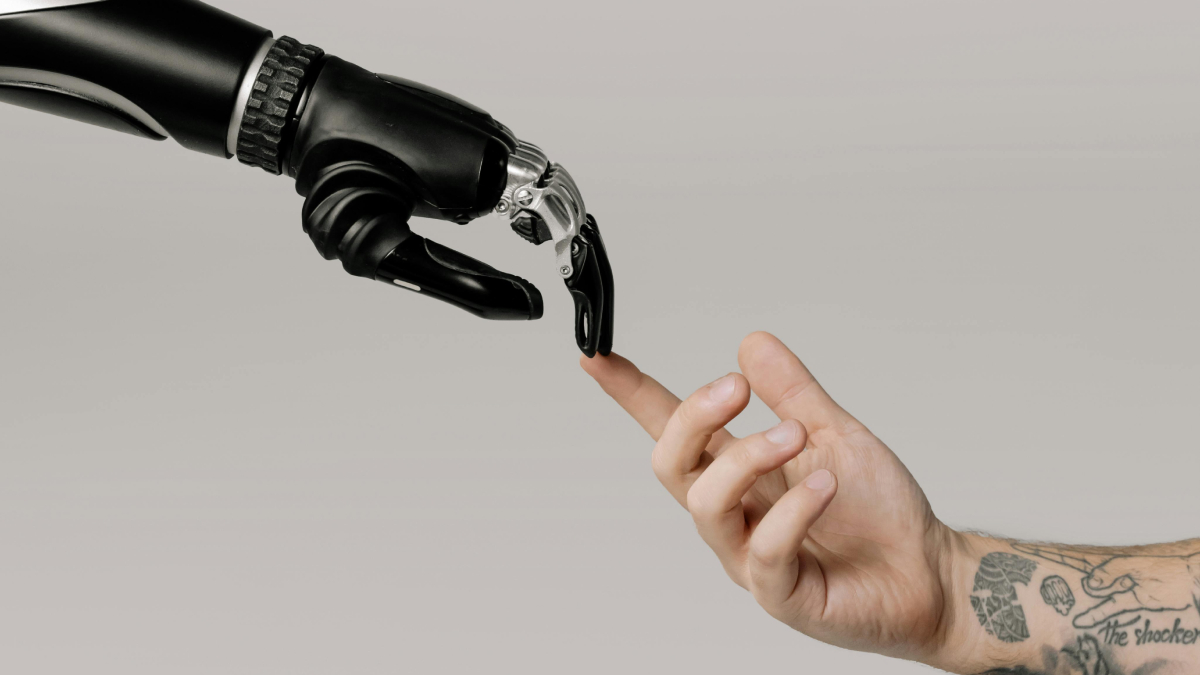The Philippines is at the forefront of the global adoption of generative artificial intelligence among knowledge workers, according to Microsoft Philippines. The results of the 2024 Work Trend Index, conducted in collaboration with LinkedIn, revealed that 86 percent of Filipino knowledge workers use AI at work, surpassing the global average of 75 percent and the regional average of 83 percent.
“In terms of the workforce, our 2024 Work Trend Index shows Filipino employees are leading not just Asia, but the world, in leveraging AI to help boost productivity, efficiency, and creativity,” said Peter Maquera, CEO of Microsoft Philippines in an ABS-CBN report.
However, while Filipino knowledge workers are quick to adopt AI, Philippine companies have been slower to integrate the technology. This has led approximately 83 percent of Filipino AI users to bring their own AI tools to work, which Microsoft warns could pose privacy, security, and legal risks.
Despite these challenges, Maquera highlighted the promising pace of AI adoption in the country. “In the Philippines, the conglomerates are all racing,” he noted, pointing out that banks and telecommunications companies have been early adopters, with sectors like retail, manufacturing, airlines, transport, and logistics also looking to deploy AI.
On the regulatory front, Maquera emphasized the importance of balanced government regulation to avoid stifling innovation. “We are in favor of regulation,” he said, but cautioned against over-regulation. “Because you don’t want to over-regulate so that you stifle innovation,” he added.
A bill has been filed in Congress advocating for the creation of the Artificial Intelligence Development Authority (AIDA) under House Bill 7396, known as the “Artificial Intelligence Development and Regulation Act of the Philippines.” Several government agencies, including the departments of Interior, Education, and Justice, have expressed support for establishing an AI regulator.
An earlier bill sought to prevent the replacement of human workers by AI and automation technologies, aiming to protect job security and maintain existing salaries and benefits.
Microsoft Philippines’ Head of Communication, Josh Aquino, echoed the company’s commitment to ensuring AI safety. “Our responsibility is to be absolutely committed to AI being safe for everyone,” he said.
Advocacy groups have raised concerns about potential biases in AI systems and the risks of AI being used in scams and misinformation, issues that underscore the need for careful and balanced regulation.






